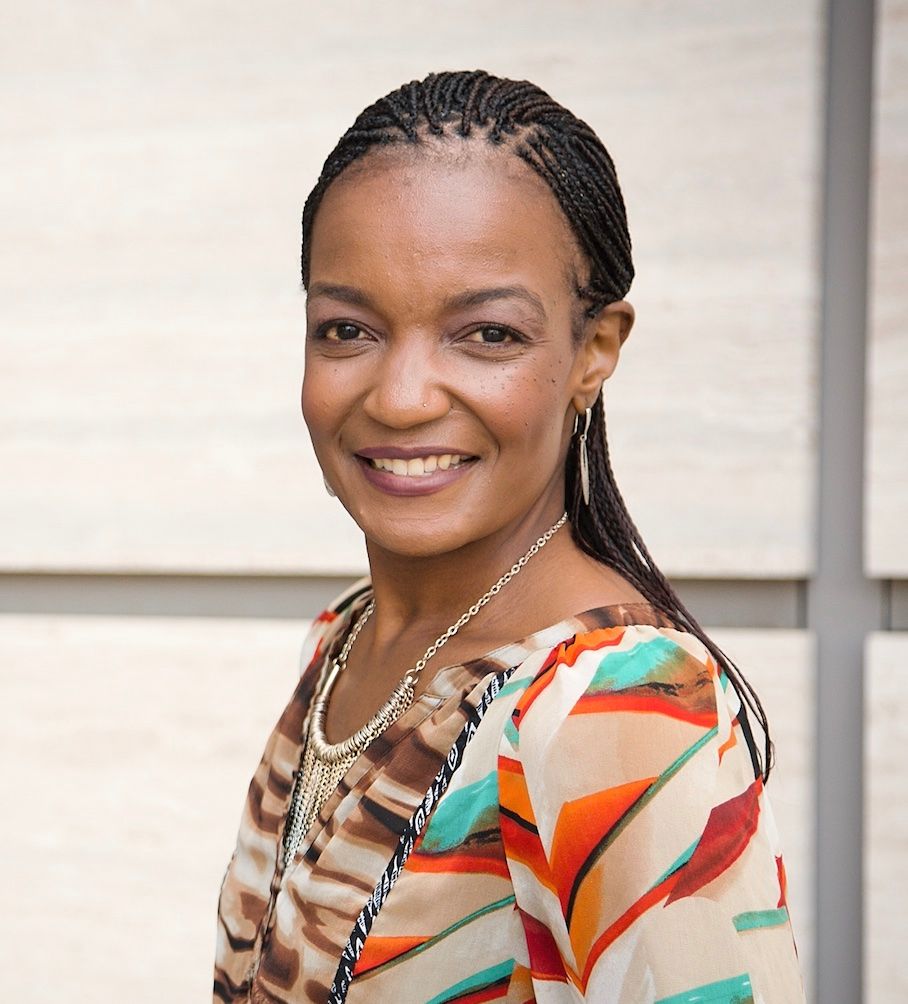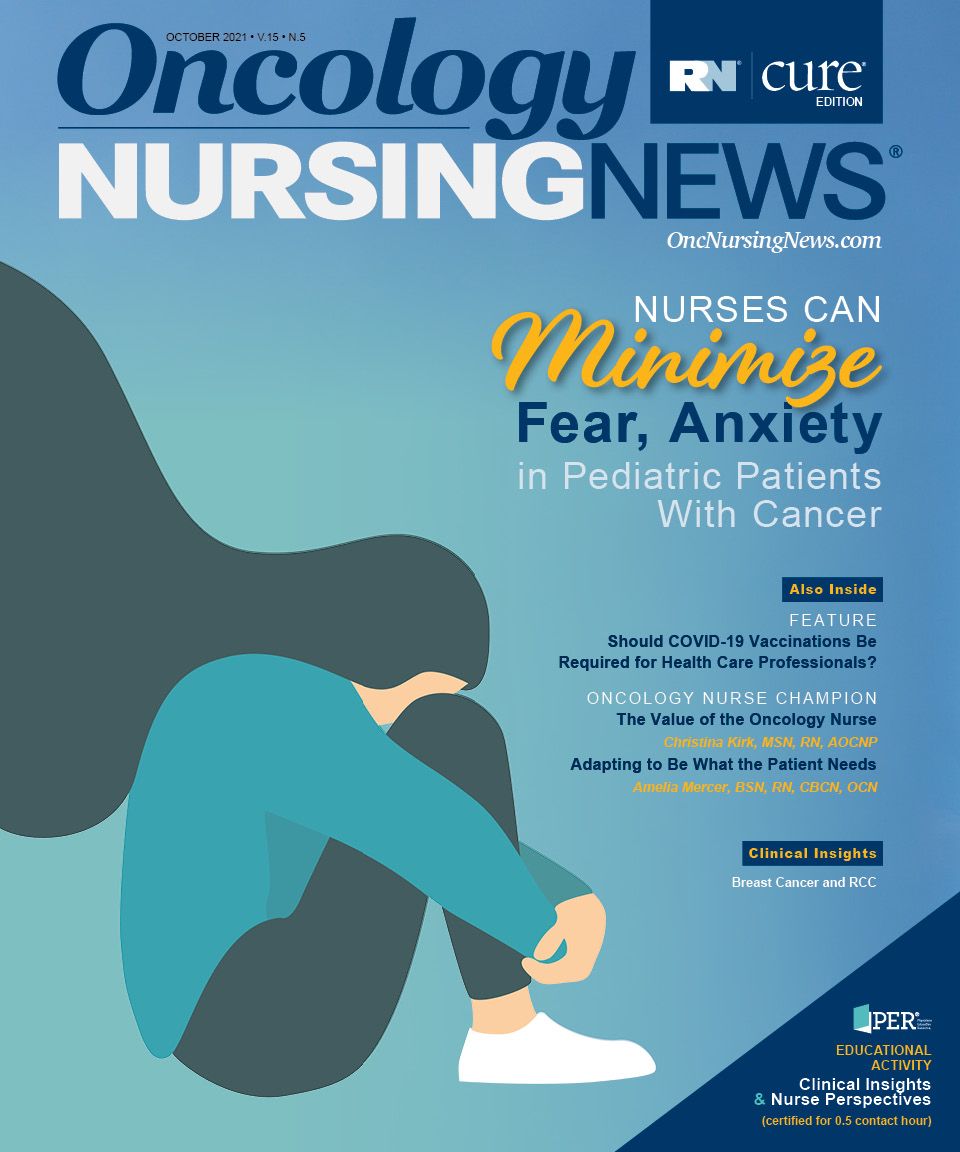Should the Oncology Nurse Get Vaccinated?
As health care providers and essential workers, we remain the most trusted profession. We, therefore, have a responsibility to our patients to be examples that influence vaccination decisions.
COVID-19 vaccines are one strategy to address morbidity and reduce the current public health crisis.1 These vaccines are designed to elicit an immune response to detect infections through utilization of T lymphocytes and antibodies. Although vaccines are not a cure, they do provide specific protection that the normal immune system alone cannot offer without prior exposure to specific viruses.
Stephanie Jackson, DNP, MSN, RN, AOCNS, BMTCN, UCLA Health

The accelerated production of the COVID-19 vaccine was necessary given the rising incidence of COVID-19 infections, but certain challenges were associated with its development, including the exclusion of select populations such as children, pregnant women, and those receiving treatment for cancer in clinical trials.
In comparison, the influenza vaccine, also known as the flu shot, has been approved since the mid-1940s. Despite its longevity, only 60% of individuals in the United States receive an influenza vaccination each year.2 Many hospitals even resort to universal masking during influenza season without validated evidence to prove its efficacy.3 The overall relative risk reduction of influenza infection for those vaccinated is 59%, followed by an absolute risk reduction of 1.4%.4 Vaccination mandates among health care workers are intended to reduce overall incidence rates; the other intended benefit is to reduce transmission to patients.
Given these limitations, there is currently a lack of trust in the vaccines even among health care workers. This phenomenon is widely known as vaccine hesitancy. Some choose to delay receiving the COVID-19 vaccine because of the lack of full FDA approval, and others have concerns regarding its efficacy. Some choose to delay due to concern surrounding adverse events. Other factors that influence decision-making include knowledge of vaccine recommendations, peer support, and the opinions and guidance from respected sources.
Health care workers who are vaccinated are more likely to recommend the vaccine to coworkers, patients, and families. In fact, it is widely known that health care workers possess confidence in vaccines in general when they have knowledge of a vaccine’s efficacy and safety.5 It is also known that when a vaccine is offered free of charge and easily accessible and when educational activities increase knowledge acquisition, adherence to mandates increases accordingly.
As health care providers and essential workers, we remain the most trusted profession. We, therefore, have a responsibility to our patients to be examples that influence vaccination decisions. Despite societal influences and vaccine-specific issues, we have a moral obligation to educate ourselves on the COVID-19 vaccines and the flu vaccine. We must be able to defend false claims that impact others making informed decisions regarding vaccination. It is also important that we educate patients and families and be truthful about potential vaccine limitations. Ultimately, we have a duty to dispel myths, fears, and inaccuracies.
References
- Carr E. COVID-19 vaccines: preparing for vaccination in the context of clinical oncology care. Clin J Oncol Nurs. 2021;25(1):76-84. doi:10.1188/21.CJON.76-84
- Flu vaccination coverage, United States, 2015-16 influenza season. CDC. Updated November 7, 2017. Accessed September 17, 2021. https://www.cdc.gov/flu/fluvaxview/coverage-1516estimates.htm
- Edmond MB. Mandatory flu vaccine for healthcare workers: not worthwhile. Open Forum Infect Dis. 2019;6(4):ofy214.doi:10.1093/ofid/ofy214
- Demicheli V, Jefferson T, Ferroni E, Rivetti A, Di Pietrantonj C. Vaccines for preventing influenza in healthy adults. Cochrane Database Syst Rev. 2018;2(2):CD001269. doi:10.1002/14651858.CD001269.pub6
- Paterson P, Meurice F, Stanberry LR, Gilsmann S, Rosenthal SL, Larson HJ. Vaccine hesitancy and healthcare providers. Vaccine. 2016;34(52):6700-6706. doi:10.1016/j.vaccine.2016.042




